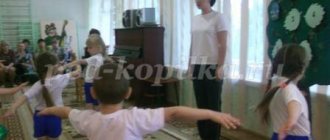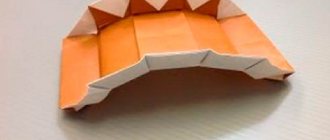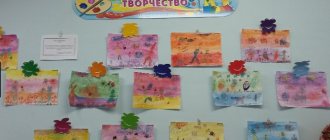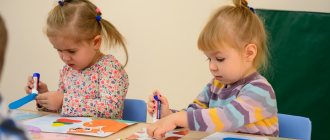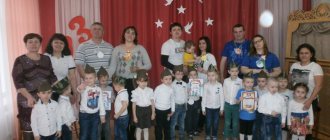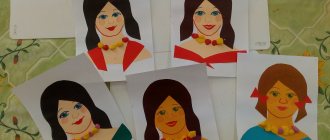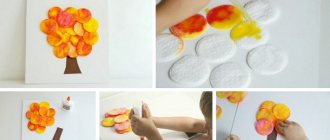Practical benefits of selling crafts
Creative projects, which are implemented in senior and preparatory groups of kindergarten during classes or independently at home, allow children not only to acquire new skills, but also to consolidate previously acquired skills. This approach makes it possible to facilitate the adaptation period at school. During classes they develop:
- memory;
- attentiveness;
- patience;
- perseverance;
- diligence.
To achieve their goals, educators use a variety of materials in project activities. This:
- working with paper;
- natural materials;
- plasticine;
- cotton wool, plastic.
Crafts are made on different topics. Educators strive to unite the children's team, teaching them to work in teams and individually, organizing exhibitions of work done together with parents.
Plasticine
The joint creativity of a parent and a kindergartener has healing potential. In addition to the fact that work brings people together, it also allows you to:
- forget about problems and troubles;
- cope with a stressful situation;
- restore emotional state;
- express feelings and experiences in the project.
In addition, working with plasticine allows both adults and children to develop three-dimensional thinking. After all, you have to not only come up with an idea, but also bring it to life. It is important that the child takes an active part in the creative process. After all, working with plasticine develops:
- fingers;
- brain;
- memory;
- curiosity.
There are also combined crafts that are made from several materials in one work. These can be paper figures with plasticine elements or fairy-tale characters made from natural material and plasticine. Such works are attractive, unusual and beautiful. Thanks to them, it is possible to broaden the horizons and develop the child’s imagination.
Lessons like this allow you to teach preschoolers to think outside the box. At the same time, choose the most effective solutions in a particular situation.
The sculpting process takes time, but it is spent usefully. It is believed that this activity is fundamentally important in the process of teaching and raising preschool children. After all, during the exercise, the future student must imagine a full-fledged 3D model, feel the structure of the material and change the shape as it appears in fantasy.
Thanks to such master classes, creating crafts on a specific topic allows you to:
- develop a creative approach to solving a given problem;
- show a personal, individual attitude to a specific plasticine modeling object;
- learn to competently organize the process of working on a specific topic, for example, a picture of late autumn;
- work of such a plan teaches independence (after all, during its implementation, the future junior schoolchild determines the general task, sets goals, breaks down all the work step by step and completes the project);
- learns to adjust elements;
- Implementation of the plasticine modeling technique is an opportunity to develop fine motor skills of the hands.
Homemade plasticine crafts should be done together - parents and children. After all, such creativity is designed to calm you down and develop the skill of perseverance. If you conduct such an activity in the evening, then such a pastime will normalize sleep and reduce activity in a preschooler.
If ideas don’t come to mind or parents don’t have enough time when working together, then you can choose a work from photos - there are a lot of them on the Internet. In your search query, specify the topic. This will allow you to limit the selection from the bulk and select really interesting ideas for the project.
Crafts made from natural materials
During the school year, preschoolers learn not only about materials and their structure, but also about the world around them. Unusual, beautiful and surprising are those projects that involve natural components.
At the same time, working with such natural materials, children develop:
- fine motor skills;
- spatial thinking;
- Creative skills;
- eye gauge;
- imagination.
At the same time, in the process of work, future schoolchildren learn to find beauty in the world around them. In addition, when working with natural materials, children learn the basics of modeling a holistic image of a hero.

